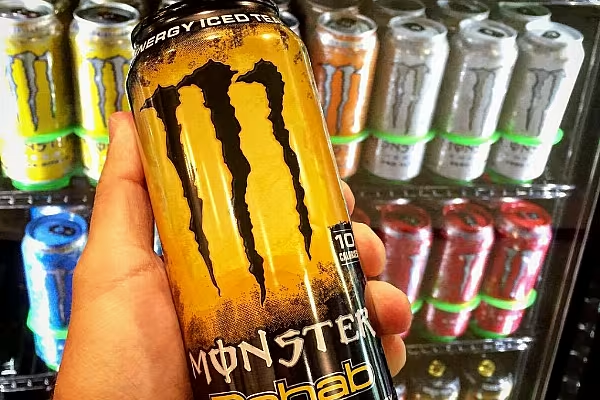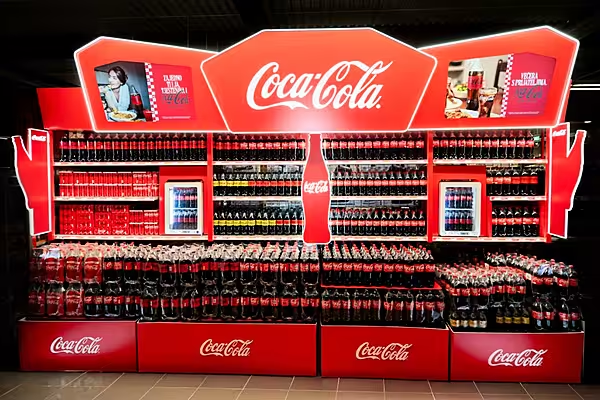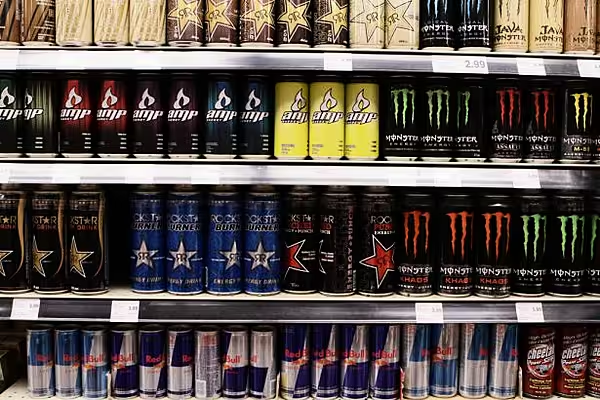Energy drinks firm Monster Beverage Corporation has posted 13.2% growth in sales, to $1.66 billion (€1.6 billion), in the second quarter of its financial year.
Hilton H Schlosberg, vice chairman and co-chief executive officer of Monster Beverage Corporation, said, "We are pleased to report continued strong revenue growth, driven by consumer demand. Ensuring product availability for our customers and consumers remains a priority.
"Following many quarters of supply chain challenges, we have been able to rebuild inventories on a global basis, while at the same time meeting strong customer demand, despite operating in an extremely challenging, unprecedented, and costly supply chain environment."
Divisional Performance
The company’s energy drinks segment saw sales increasing by 12.5% year on year, to $1.54 billion (€1.5 billion), from $1.37 billion in the second quarter of 2021.
The energy drinks segment includes Monster Energy drinks, Reign Total Body Fuel high performance energy drinks and True North Pure Energy Seltzer.
Net sales in the company’s strategic brands segment, which primarily includes the various energy drink brands acquired from The Coca-Cola Company, as well as the company’s affordable energy brands, decreased 9.0% year-on-year to $79.1 million.
In the alcohol-based drinks segment, comprising various craft beers and hard seltzers purchased as part of the CANarchy transaction on 17 February 2022, net sales amounted to $32.4 million.
The company’s other segment, which includes certain products of American Fruits and Flavors, LLC, a wholly owned subsidiary of the Company, sold to independent third-party customers, decreased to $6.0 million.
Net sales to customers outside the United States increased 18.8%, to $649.0 million during the quarter, and accounted for approximately 39% of total net sales.
Increased Cost Of Sales
In the second quarter of 2022, Monster experienced a significant increase in cost of sales, resulting in a material decline in both gross profit and gross profit as a percentage of net sales, compared to the same period last year.
Schlosberg added, "Significant increases in freight-in and fuel costs, including costs relating to the importation of aluminium cans, as well as other input costs continue to impact costs of sales. We believe that some of the increased costs that we are experiencing are likely to be transitory, as we begin to decrease our reliance on the use of imported aluminium cans, as well as increase our inventory levels in closer proximity to our customers.
"Furthermore, the sharp run-up in aluminium commodity pricing appears to be currently moderating. Increases in distribution costs, particularly freight and fuel, continued to adversely impact operating expenses."
Read More: Maersk Sees No Let Up In Surging Cost Of Shipping Goods
In the US, the company will implement a market-wide increase in pricing from 1 September.
"We have implemented measures to mitigate the impact of increased costs experienced in our supply chain through reductions in promotions and other pricing actions in the United States and in EMEA. [...] In certain international markets, price increases will also be implemented in the second half of 2022, some in addition to price increases or pricing actions already taken earlier in 2022," Schlosberg continued.
© 2022 European Supermarket Magazine – your source for the latest A-Brands news. Article by Conor Farrelly. Click subscribe to sign up to ESM: European Supermarket Magazine.














